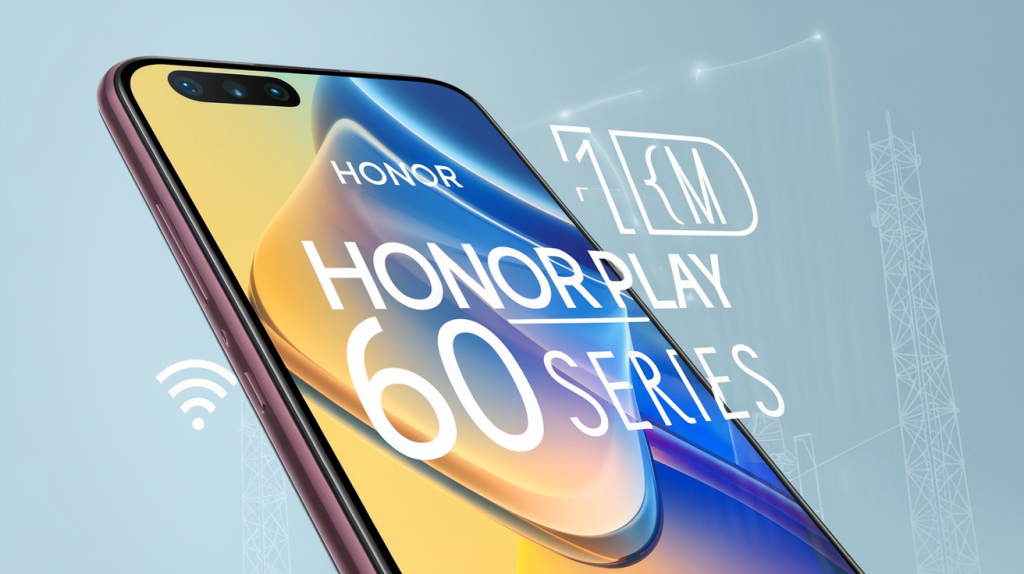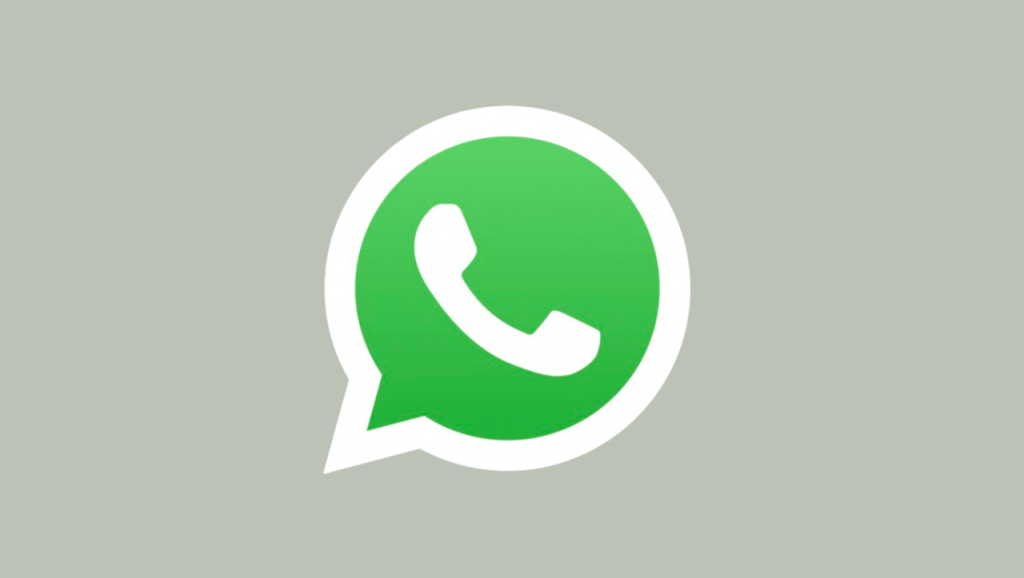Imports from China of finished electronic gadgets – like Bluetooth speakers, cordless earphones, laptop computers, smartwatches, and smart devices – consisting of wifi modules are being delayed.
India has held up approvals for importing wifi modules from China for months, driving business such as the United States computer system makers Dell and HP and China’s Xiaomi, Oppo, Vivo, and Lenovo to postpone product launches in an important growth market, two market sources stated.
Imports from China of finished electronic gadgets – like Bluetooth speakers, wireless earphones, mobile phones, laptops, and smartwatches- containing wifi modules are being postponed, the sources said.According to the sources, the Communications Ministry’s Wireless Planning and Coordination (WPC) Wing has kept approval given that companies looking for clearance at least November is acquainted with lobbying efforts.
More than 80 such applications by the United States, Korean and Chinese firms have been pending with the WPC since before, one of the sources said. Even papers from some Indian firms, which bring in any finished products from China, are awaiting WPC approval, the sources included. Xiaomi, Oppo, Dell, HP, Vivo, and Lenovo did not react to remarks.
The communications ministry did not acknowledge a demand for remark either. And both sources said the government still had to respond to representations made by market lobby groups and private businesses.
India’s uncompromising position on Chinese imports comes amidst Prime Minister Narendra Modi’s require more inclusive financial self-reliance.His nationalist strategies have helped boost the growth of smartphone manufacture in the South Asian country, and the sources think the government plans to persuade companies to find more of their production of electronic devices in India.
“The government schemes to push corporations to manufacture these items in India,” one of the sources said.
” But tech business is captured in a difficult situation – making in India would imply big-ticket financial investments and a long haul for returns; on the other hand, the government-imposed obstacle on imports means a potential loss of incomes.”
India formerly allowed companies to self-declare wireless devices, making imports much easier; however, brand-new rules in March 2019 mandated companies to seek federal government approval.
While India’s market and trading potential have transformed it into the world’s second-biggest mobile maker, tech experts and industry experts say it does not yet have the size or scale for companies to invest hugely in making IT items and intelligent wearable devices.
CAREFUL OF CHINA TECH
The lengthy hold-up in WPC approvals also underscores India’s method to cut China’s impact on its tech economy, particularly after a border clash with Beijing in 2015. However, stress has reduced considering that.
Modi’s federal government today left out Chinese gearmaker Huawei from a list of members in its 5G trials, though European and Korean rivals were permitted.And when the 5G implementation begins in India, New Delhi will likely obstruct mobile carriers from utilizing Huawei’s telecom equipment, Reuters earlier reported.
US firms Apple, Cisco, and Dell, were current year caught up in India’s border stretch with China, as Indian gates operated up imports of their goods from China.In another example, reported by Reuters late in 2015, India’s tight control of quality clearances for electronic products from China slowed the import of an Apple iPhone design.
Now that companies have obtained security clearances from India’s quality assurance agency getting WPC approval has become the primary challenge to importing electronic gadgets from China.










